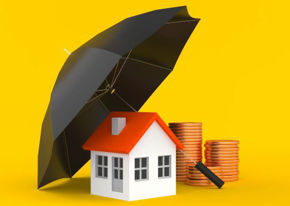4 mins read//
Sustainability has evolved from being a mere buzzword to becoming a critical aspect of shaping our future. In this article, I delve into the significance of sustainability and its profound impact on our planet and society.
The Crisis of Unsustainability:
At the forefront of the sustainability movement lies an urgent acknowledgment of the challenges posed by unsustainable practices. Climate change, resource depletion, and environmental degradation are just a few of the pressing issues we face. Understanding the consequences of our actions is the first step towards embracing sustainable solutions that can mitigate the damaging effects of our current trajectory.
The Role of Businesses and Individuals:
Both businesses and individuals play a crucial role in the pursuit of sustainability. Forward-thinking companies recognise that sustainability should not be an afterthought but an integral part of their core strategies. Embracing sustainable practices is not only a moral imperative but also a competitive advantage, as it can drive innovation, attract conscious consumers, and foster long-term profitability.
Similarly, individuals can make an impact via their choices and behaviours. Everyday decisions like reducing single-use plastic and conserving energy to supporting eco-friendly brands, responsible consumption is key to reducing our impact.
Embracing sustainability has become a necessity for the well-being of our planet and future generations and the urgency to adopt sustainable practices grows stronger.
By recognising the importance of sustainability and taking meaningful action, we can collectively work towards creating a healthier and more equitable future.
Sustainability is not just about saving the environment; it's about safeguarding, social inclusivity, and ensuring economic prosperity. Businesses must step up and integrate sustainability into their operations, supply chains, and corporate culture. Companies that align their values with sustainability are more likely to earn the trust and loyalty of customers, employees, and investors.
Individuals have the power to influence change too. Every conscious choice we make, from supporting sustainable products to advocating for green policies, contributes to the larger mission of creating a sustainable future.
Ultimately, sustainability is a collective responsibility that requires cooperation among governments, businesses, civil society, and individuals. It demands a shift in mindset and practices, reimagining how we produce, consume, and interact with the natural world.
The importance of sustainability cannot be overstated.
By adopting sustainability today, we invest in a future full of opportunities and positive outcomes for future generations. It allows us to leave behind a legacy of responsible stewardship and reverence for our planet.











